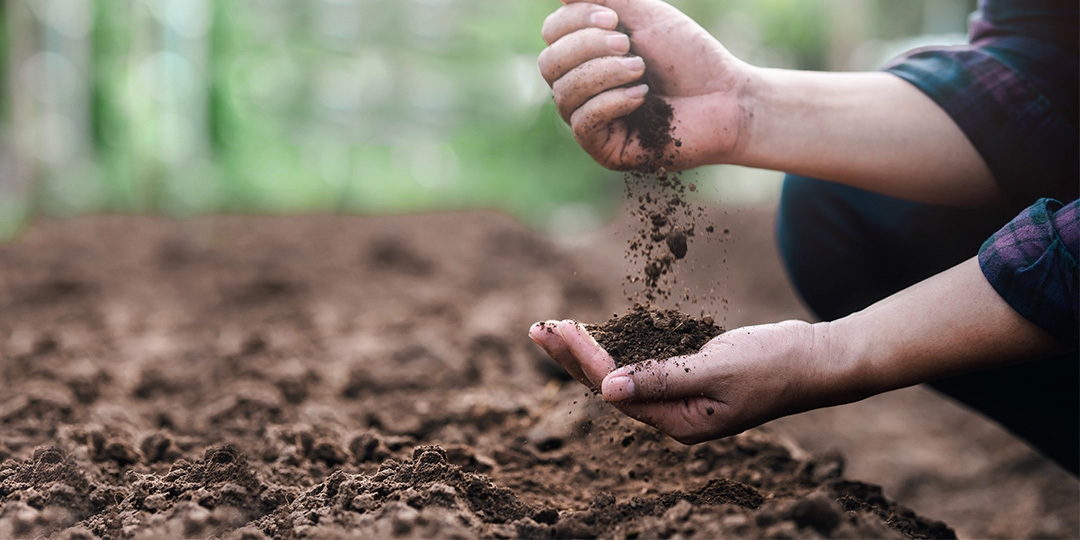Poor soil conditions can significantly impact tree health and growth in Kansas City. The Johnson County K-State Research and Extension offers comprehensive soil testing services to identify specific issues affecting your trees.
Understanding Your Soil
The Missouri Department of Conservation emphasizes that healthy soil contains:
A balanced mix of minerals, organic matter, air, and water Proper pH levels for nutrient availability Good drainage while retaining adequate moisture Sufficient space for root growth and development
Effective Improvement Methods
Start with soil testing through the K-State Soil Testing Lab. Their analysis provides specific recommendations for your situation. Common improvement methods include:
Vertical Mulching: Create holes 2-3 feet deep around the tree’s drip line, filling them with a mixture of compost and sand to improve aeration and organic matter content.
Core Aeration: The Kansas Forest Service recommends regular aeration to reduce soil compaction and improve root access to air and water.
Organic Matter Integration: Gradually incorporate compost and other organic materials into the top few inches of soil, being careful not to damage surface roots.
Proper Mulching Techniques
The Kansas City Native Plant Initiative recommends maintaining a 2-4 inch layer of organic mulch around trees, extending to the drip line. Keep mulch away from the trunk to prevent moisture-related problems.
Long-term Soil Health
Maintain soil health through ongoing care:
Monitor soil moisture levels regularly Avoid soil compaction from foot traffic or equipment Add organic matter annually through mulch decomposition Test soil every 2-3 years to track improvements
The Missouri Botanical Garden suggests selecting trees well-suited to your existing soil conditions when possible, making long-term management easier.
Remember that soil improvement takes time. Focus on gradual, consistent improvements rather than quick fixes. For specific advice about your situation, consult local certified arborists who understand Kansas City’s unique soil conditions.
Frequently Asked Questions
Early spring or fall are ideal times for soil improvement in Kansas City. These seasons provide optimal conditions for root growth and nutrient uptake.
Contact the Johnson County K-State Extension Office for soil testing services. They provide detailed analysis and specific recommendations for improvement.
Adding more than 2-3 inches of soil over existing tree roots can harm the tree. Instead, focus on improving existing soil through aeration and organic matter incorporation.
Organic mulches like wood chips, shredded bark, or leaf compost are best. They break down over time, improving soil structure and adding nutrients.
Soil improvement is an ongoing process. Add organic matter annually and test soil every 2-3 years to monitor progress.
